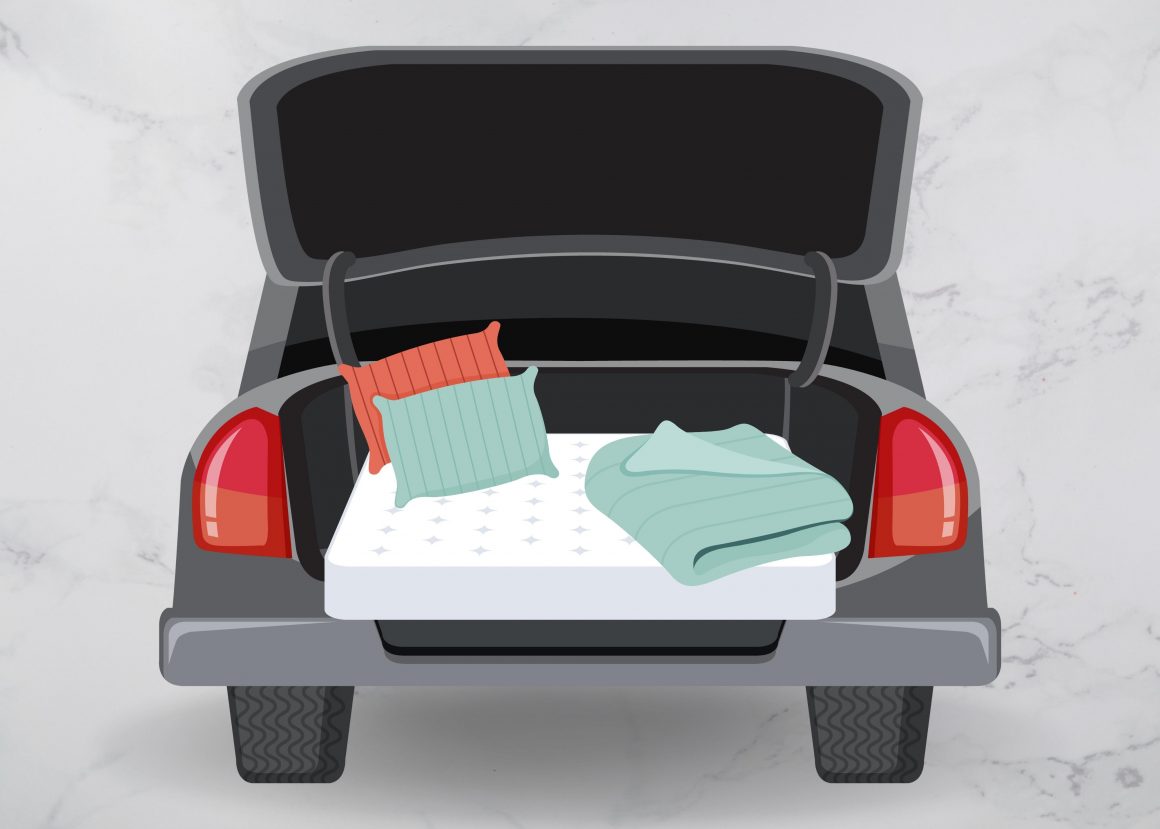
Calgary has a huge problem with houselessness and the unhoused are not the issue
By Anjali Choudhary, September 29 2022—
In the midst of a nation-wide cost of living crisis where large portions of the population are struggling to pay rent and afford basic necessities, there remains a gross lack of empathy and hostility towards unhoused individuals who battle these issues in their most extreme sense. By embedding this hostility into policy, the City of Calgary refuses to target the root issues of houselessness. Rather, they continue to undertake targeted and harmful measures to push these individuals out of public spaces. In the beginning of 2022, the City of Calgary announced the closure of three LRT stations during overnight hours. They cited the 170 people who used these stations as shelter and the related social disorder calls as the primary reason for the closure. In July, trees and bushes were removed from select LRT stations for similar reasons. Although the city claims to be providing more support to transport individuals to shelters as a solution, the issue of houslessness is a deeply systemic one and causes housing shelters to often not be a viable option.
“We are looking at systematic barriers with people accessing certain types of shelters,” said Chaz Smith, founder of Be The Change YYC, in an interview with Global News. “What people are asking for is pet friendly shelters, a shelter where they can go with their loved one and not be separated. A shelter that is Indigenous geared.”
Unfortunately, there are very limited shelters across the country that offer these accommodations. This issue runs deeper than the decisions of a few elected officials. The prejudice and disgust that surrounds conversations around houselessness drives the lack of meaningful action. Because notions of houslessness being a choice and result of laziness still dominate mainstream discussion, people fail to see the systemic factors that contribute to the issue.
Are the people who are moving back to their parents’ homes because they can no longer afford rent lazy? Or is there a possibility that they are simply victims of social and economic circumstances beyond their control? A bit of compassion and strategic planning may be the missing link in beginning to help one of the most vulnerable populations in our society.
The actions the City of Calgary is taking becomes further problematic when considering the fact that the number of safe and welcoming spaces for unhoused individuals is dwindling. Social disorder calls — which have largely caused the LRT station closures — often involve discomfort around drug use. But, similar concerns were also raised by Calgarians around the safe injection site at the Sheldon M. Chumir Health Centre. As a result, in 2021, in the midst of an opioid epidemic, the Alberta government decided to shut down this space and relocate its services. This destroys the relationships that have been built between the space and community, and the convenience of the central location.
Further, the harsh attitudes of Calgarians towards this site brings to light a deep-rooted problem. A solution to decreasing drug use in spaces such as LRT stations is to continue to protect places like safe injection sites. But, people have issues with that as well, seemingly only wanting to further marginalize an already marginalized group. If an issue is glaringly obvious across the city and generates outcries of discomfort, it is because city and government officials have not taken the appropriate steps to address the issue — not because of those that are victim to their circumstances. It is time to deconstruct the narrative around the blameworthiness of unhoused individuals and shift the focus on calling for effective policies related to mental health, substance use and housing.
As the harsh Albertan winters loom ahead, the consequences of the city’s actions will only worsen. Last May, Dustin Mckeeman, an unhoused veteran, suffered from extreme frostbite as a direct result of station closures. With this upcoming winter being projected to hold record-breaking cold temperatures, the need for change is dire and urgent.
It is not unfair to feel unsafe or even angry in witnessing drug use and overdose or facing harassment at LRT stations and on public transportation. I myself have felt weary about traveling on buses and trains. However, channeling the anger into hostile infrastructure and unfair policies does not do any good. It neither helps the population facing homelessness nor does it create any headway in solving the underlying problem. Displacing unhoused individuals does nothing but displace the issue out of the public eye.
This article is a part of our Voices section.
